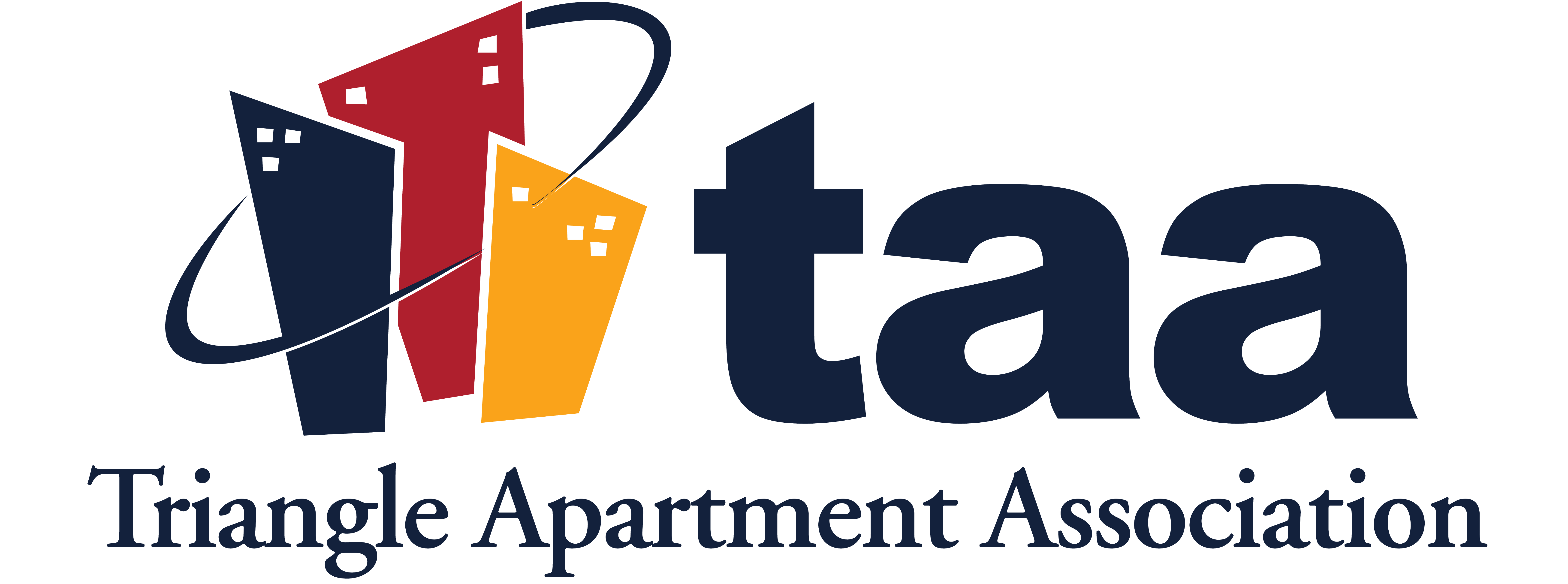SB224 Passed! How and why did it happen so quickly?
From our Government Affairs Director, Dustin Engelken. Read the original article about SB224 here.
As I'm sure most of you know by now, last week the North Carolina General Assembly passed Senate Bill 224 Landlord Recovery of Expenses. The bill is currently on the Governor’s desk and he is expected to sign it in the coming days at which point it will become law. Given the unusual path that this bill took, and recent media attention on the issue, we thought it would be a good idea to offer a recap of how things played out at the General Assembly.
Normally, bills take a deliberative path that can take weeks and even months from start to finish. First, the legislation is drafted and introduced by a sponsoring legislator in either the House or the Senate. Next, the bill is referred to a committee where it is carefully studied, amended, and a recommendation is made by the committee. Once the committee approves the bill, it reports this fact and the bill is placed on the calendar for consideration by the full body. Once a bill has been sent to the full membership, the sponsor is allowed the opportunity to introduce the bill before opening the floor for debate and amendments before a vote is ultimately taken. If the vote is favorable, the bill is sent to the second house where it undergoes the same process of committee review, amendment and a vote before the full membership. If the second house passed the bill in its original form, then it is enrolled, signed by the presiding officers of both houses, and sent to the Governor for his signature before finally becoming law. If the second house amends the bill before passing it, then it goes back to the original house, which then must vote to concur before it is enrolled and sent to the Governor.
In North Carolina, the General Assembly session is two years long and always starts with the “long session” in the odd-numbered years, and the “short session” in the even-numbered years. The short session, which is just wrapping up now, is meant to offer the General Assembly an opportunity to amend the two-year budget and vote on any outstanding bills leftover from the long session. In theory, the General Assembly does not allow new bills to be introduced during the short session. However, in reality, the Assembly has developed a workaround over the years in which bills that have passed the first house in the legislative process are gutted, and a new bill is “substituted” in its place in the second house. The practice offers the opportunity to introduce new bill language and speed up the legislative process, and it has become so common that the News & Observer recently put together a list of notable bill switches!
In our case, Senate Bill 224 was a completely unrelated bill related to breaking and entering before getting a new life in the House Rules Committee last week when our language was substituted in place of the original bill text. In its prior form, SB224 had passed the Senate Rules Committee in the spring of 2017 before unanimously passing the Senate and getting sent to the House Rules Committee where it stalled. Once our language was substituted in on the evening of June 12, the bill was brought up for debate in the House Rules Committee and despite several attempts to amend the bill on the floor, it was reported favorably from the committee without substantive changes the same evening. The next day, after a furious round of lobbying, the bill was placed on the House calendar where it was introduced by Rep. Hardister and passed unanimously with little debate. Once the bill was referred back to the Senate, we were able to bypass the Senate Rules Committee because the original SB224 had already passed a committee vote, and thus the bill was eligible to go straight to the floor. After another full day of lobbying Senators, the bill was placed on the calendar for June 14, when it was introduced by Senator McKissick and was passed unanimously just two days after introduction in the House.
It may be easy to look back in retrospect at the speed with which the bill moved or the unanimous votes and assume that passage was easy, but in reality, it took dozens of meetings with lawmakers and staff, countless volunteer hours from association members, and a strong lobbying strategy to guide the bill to passage.
For more information or questions, contact Dustin Engelken at dengelken@triangleaptassn.org.
